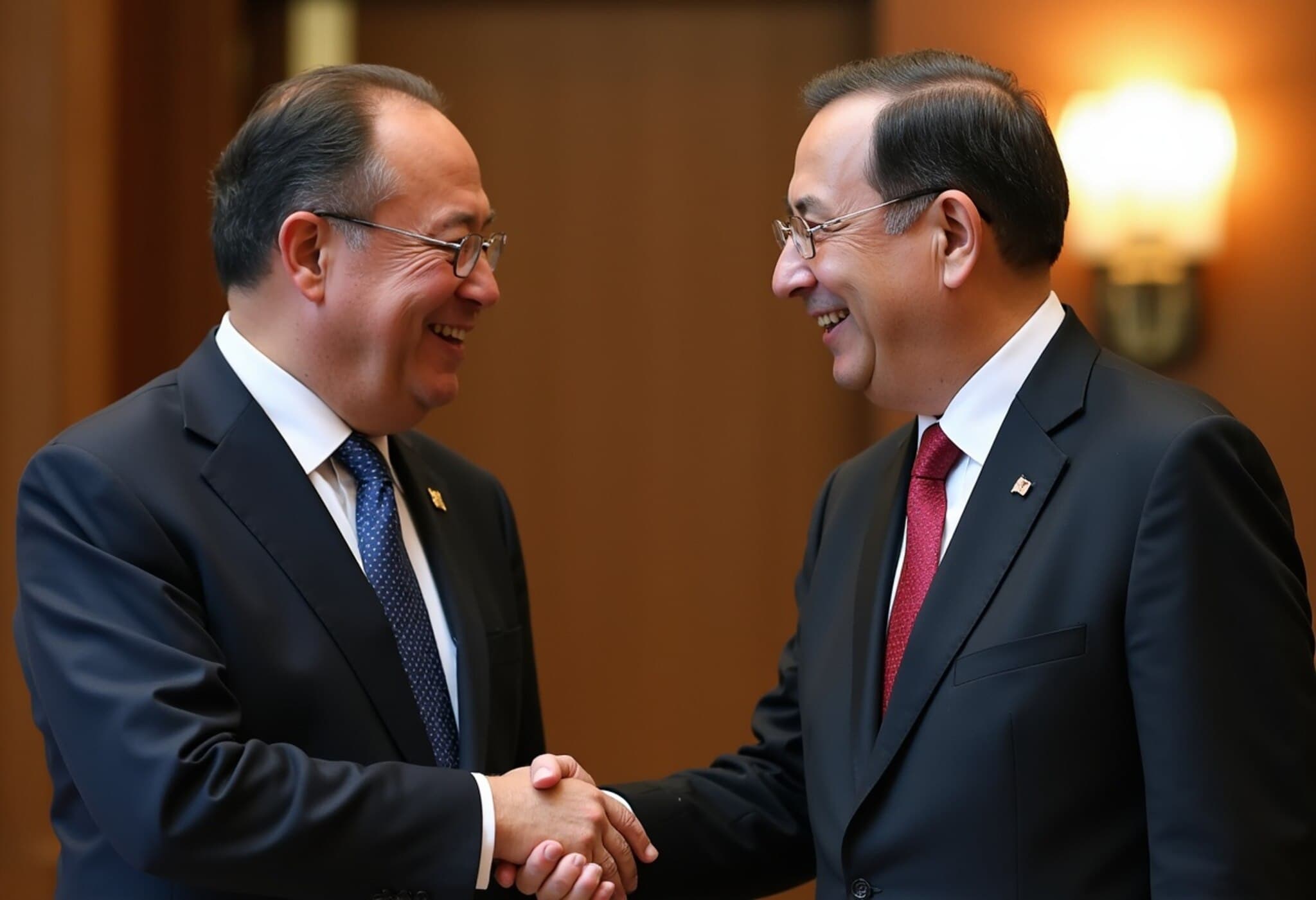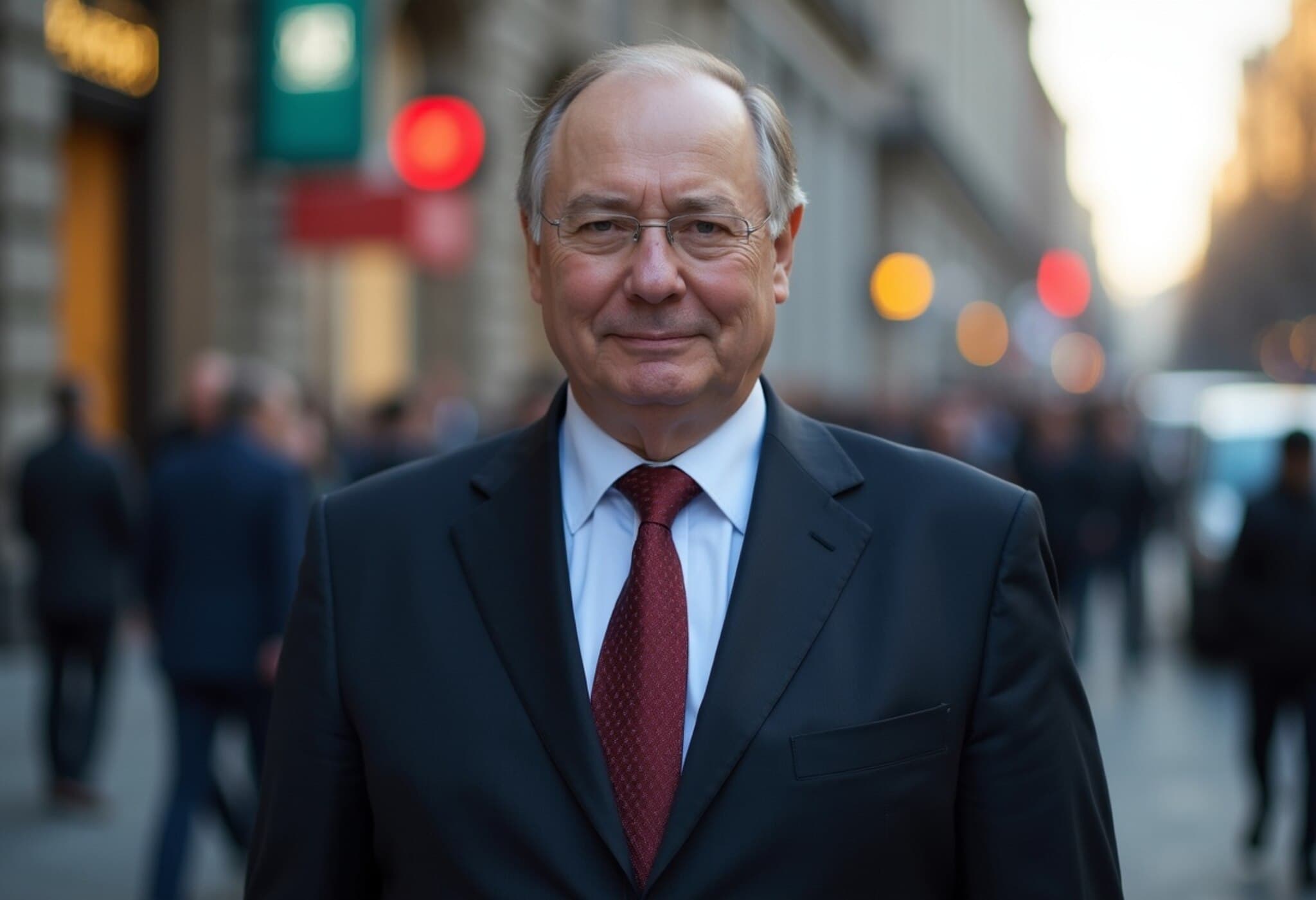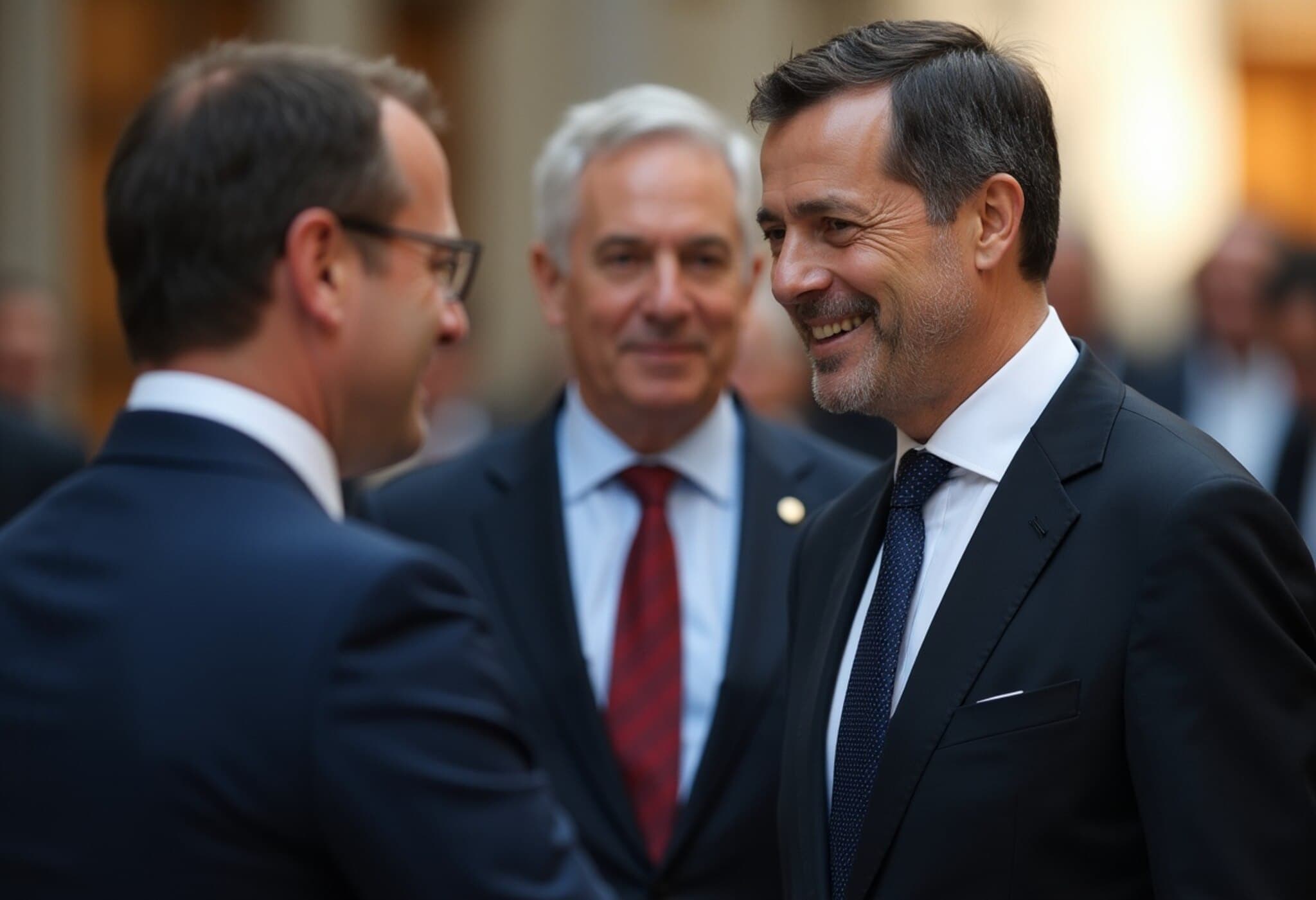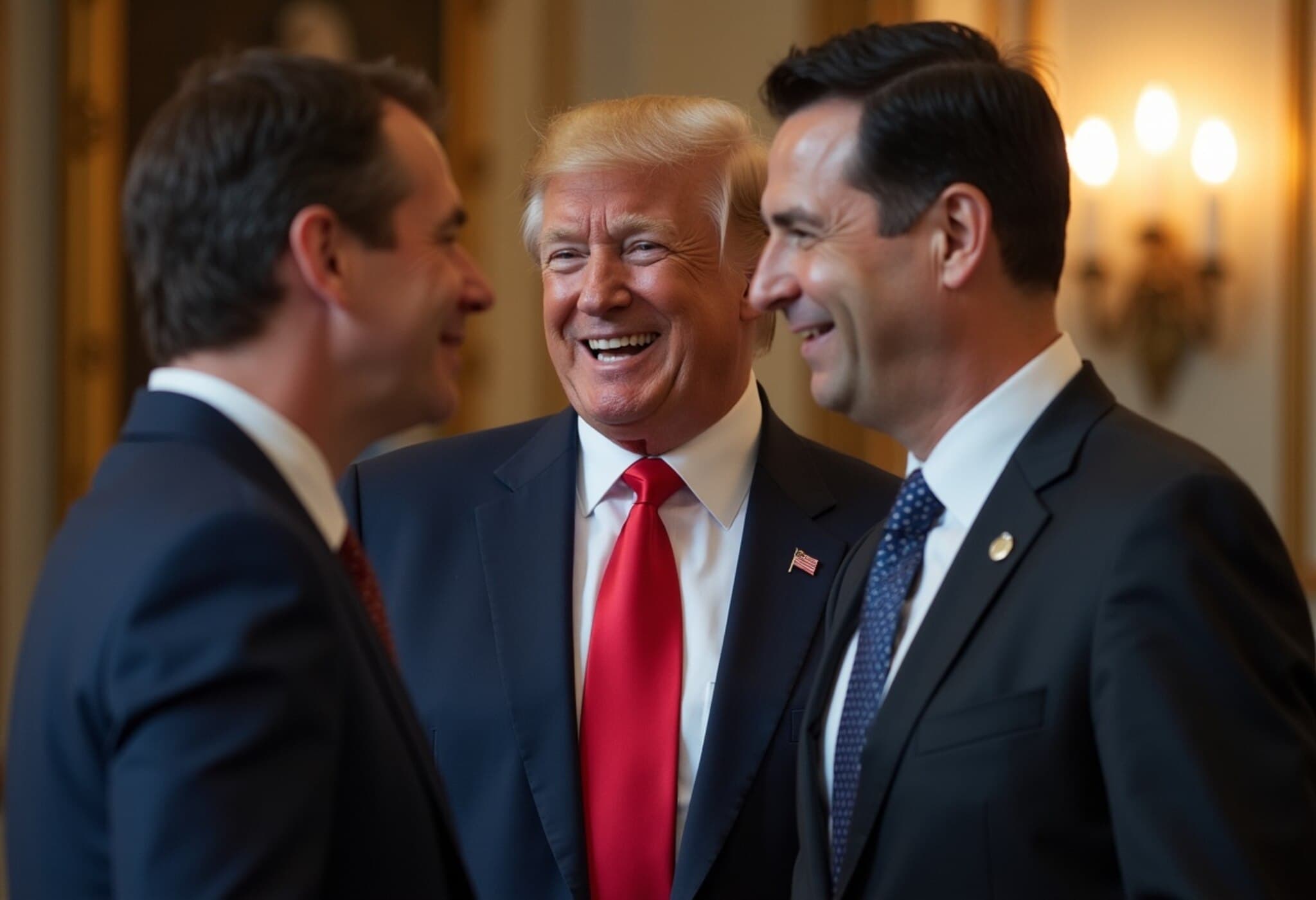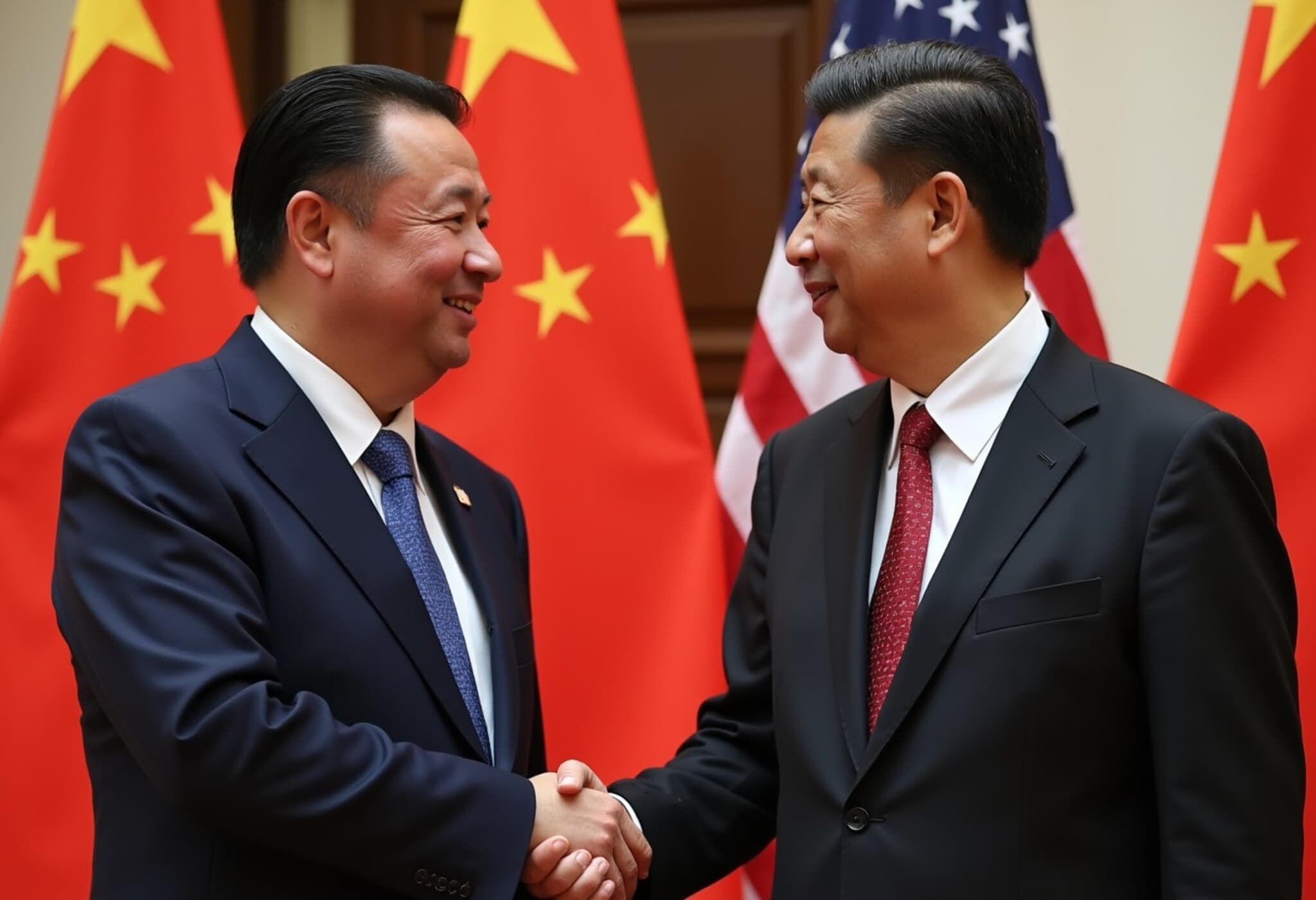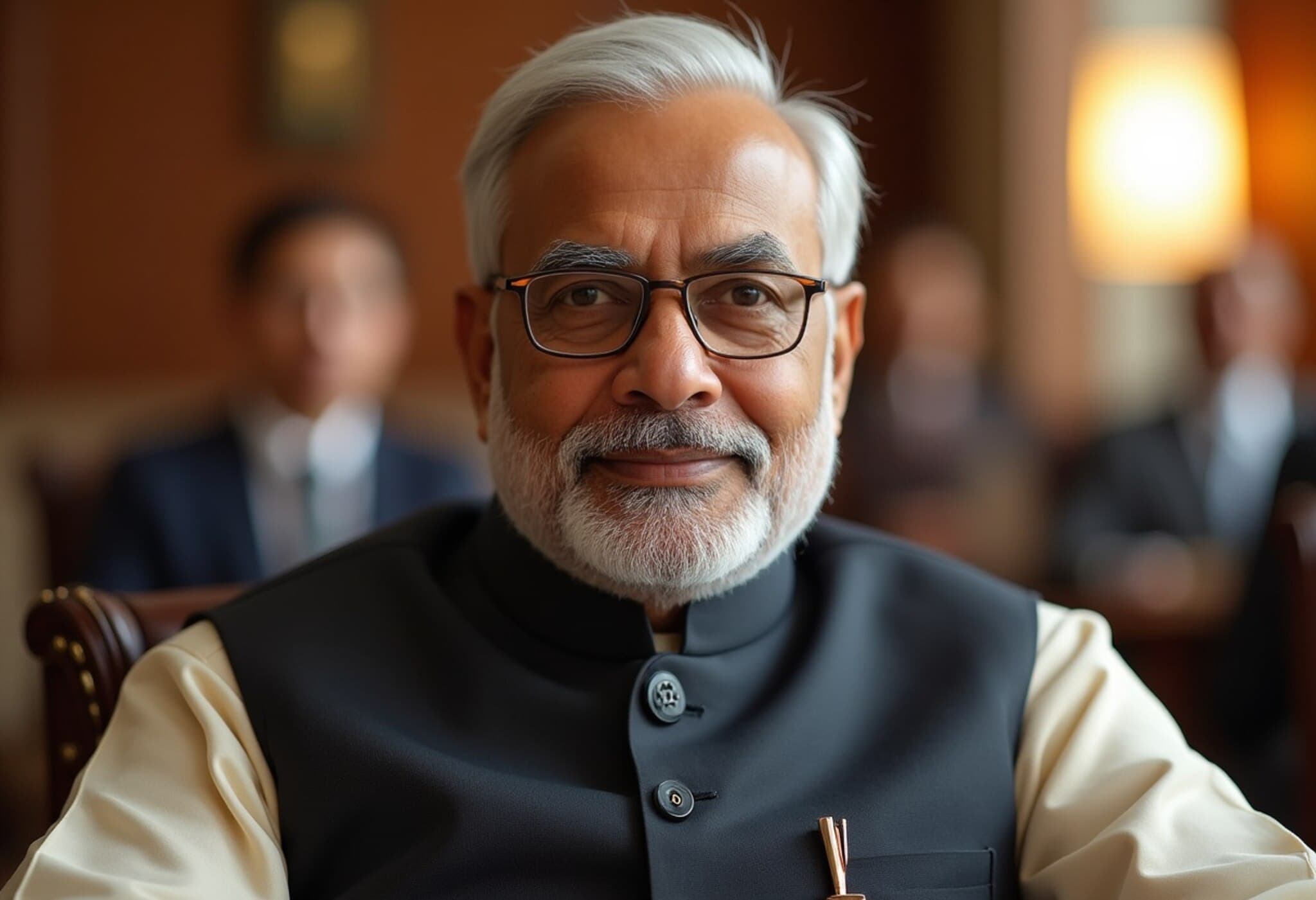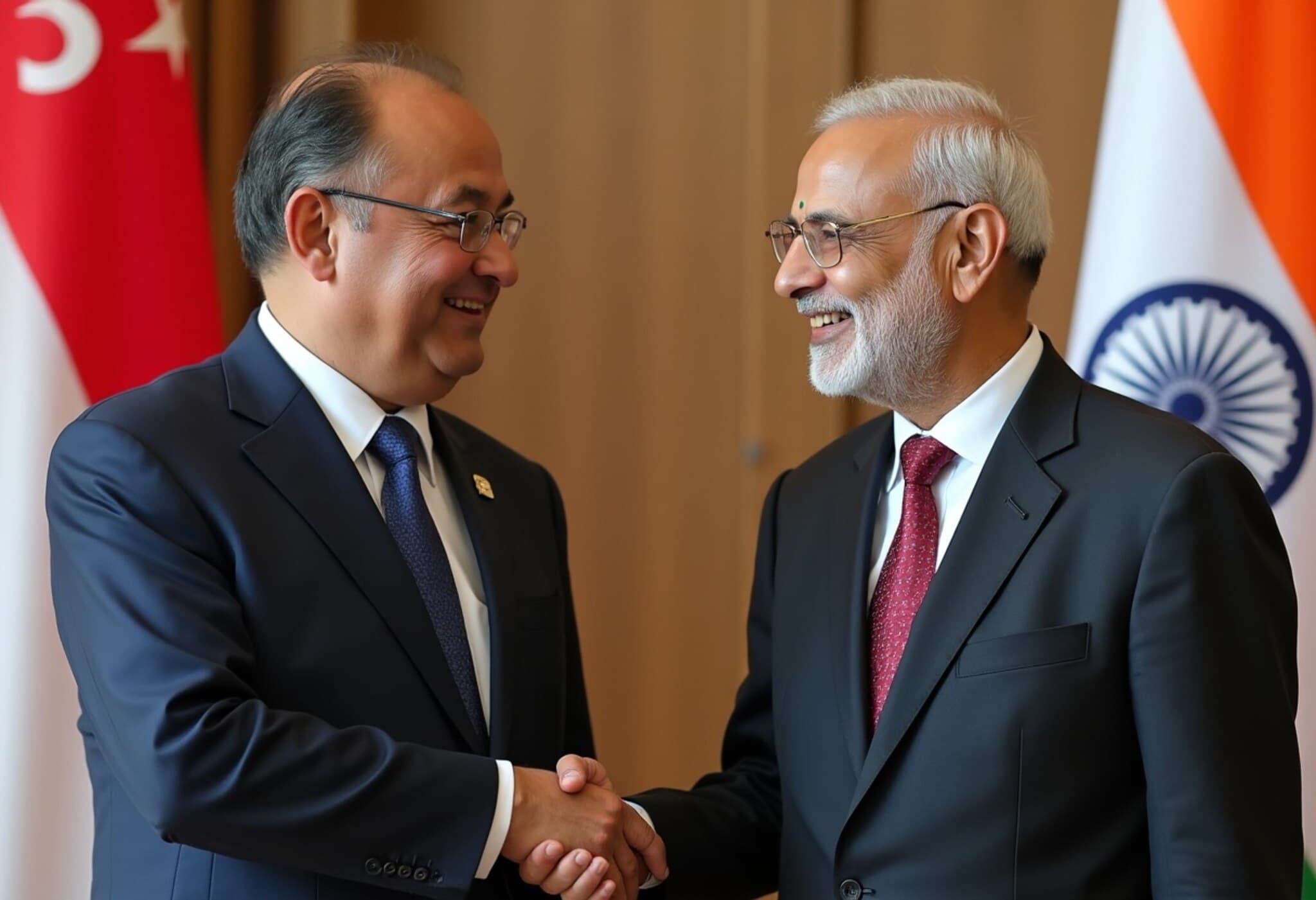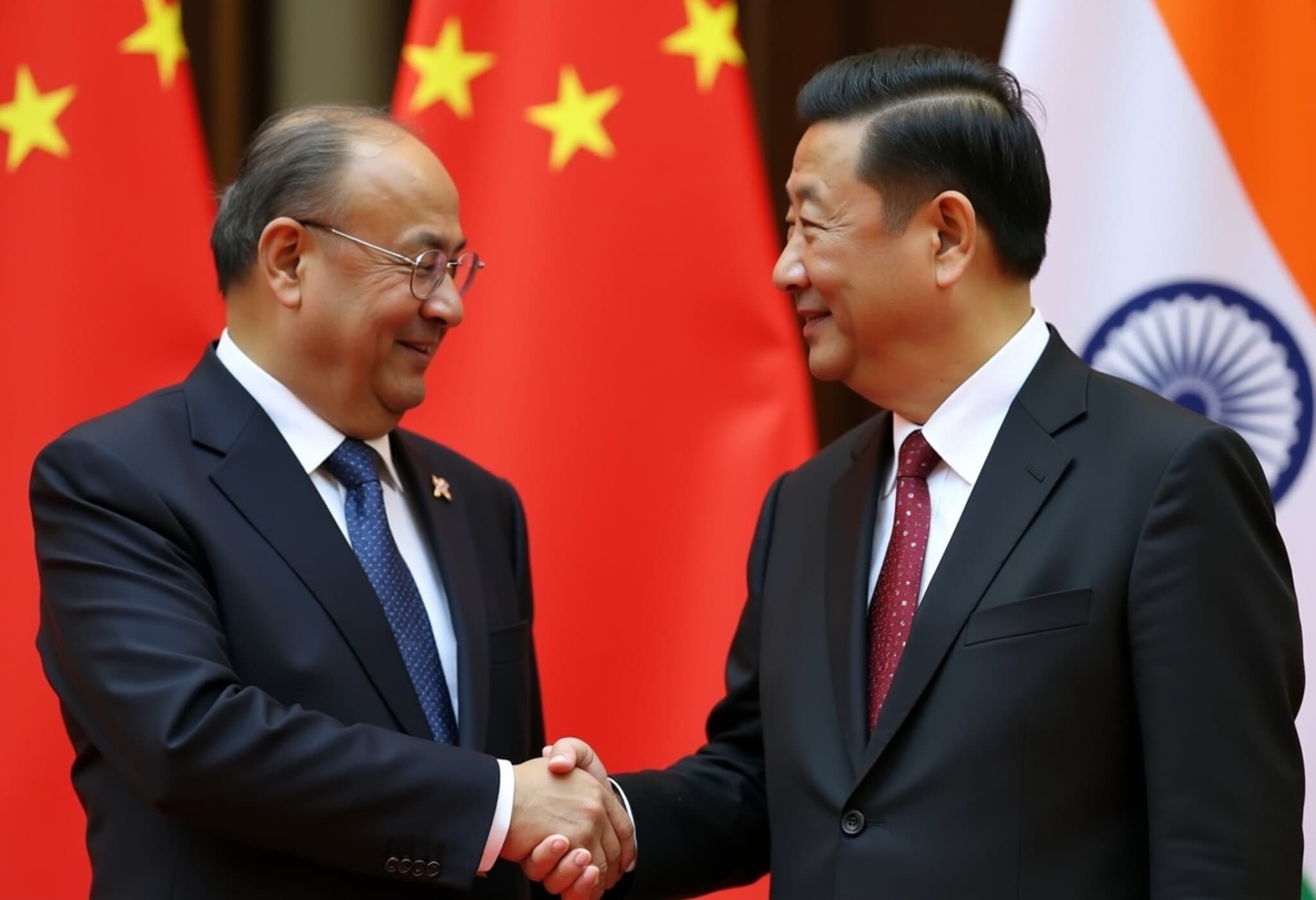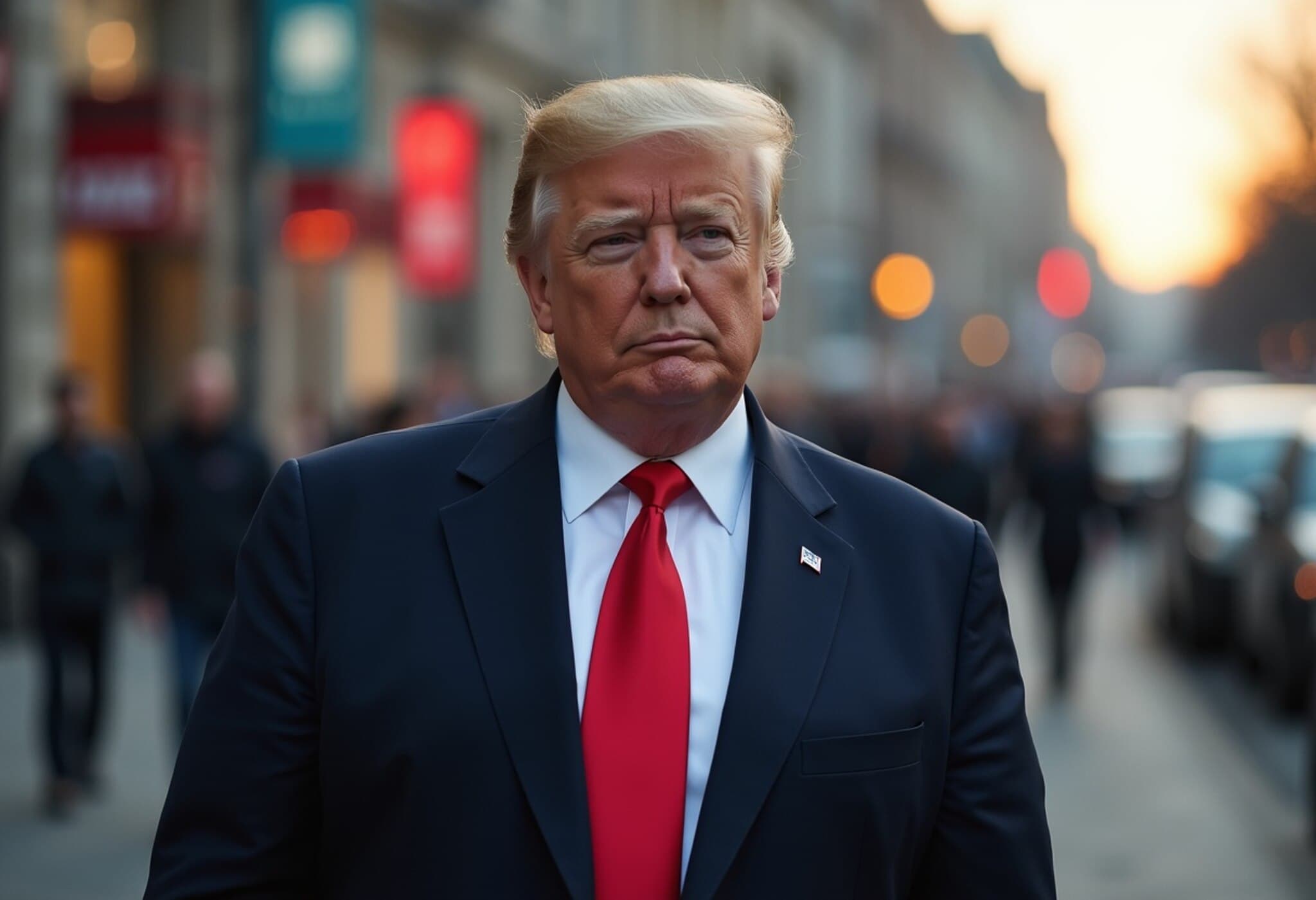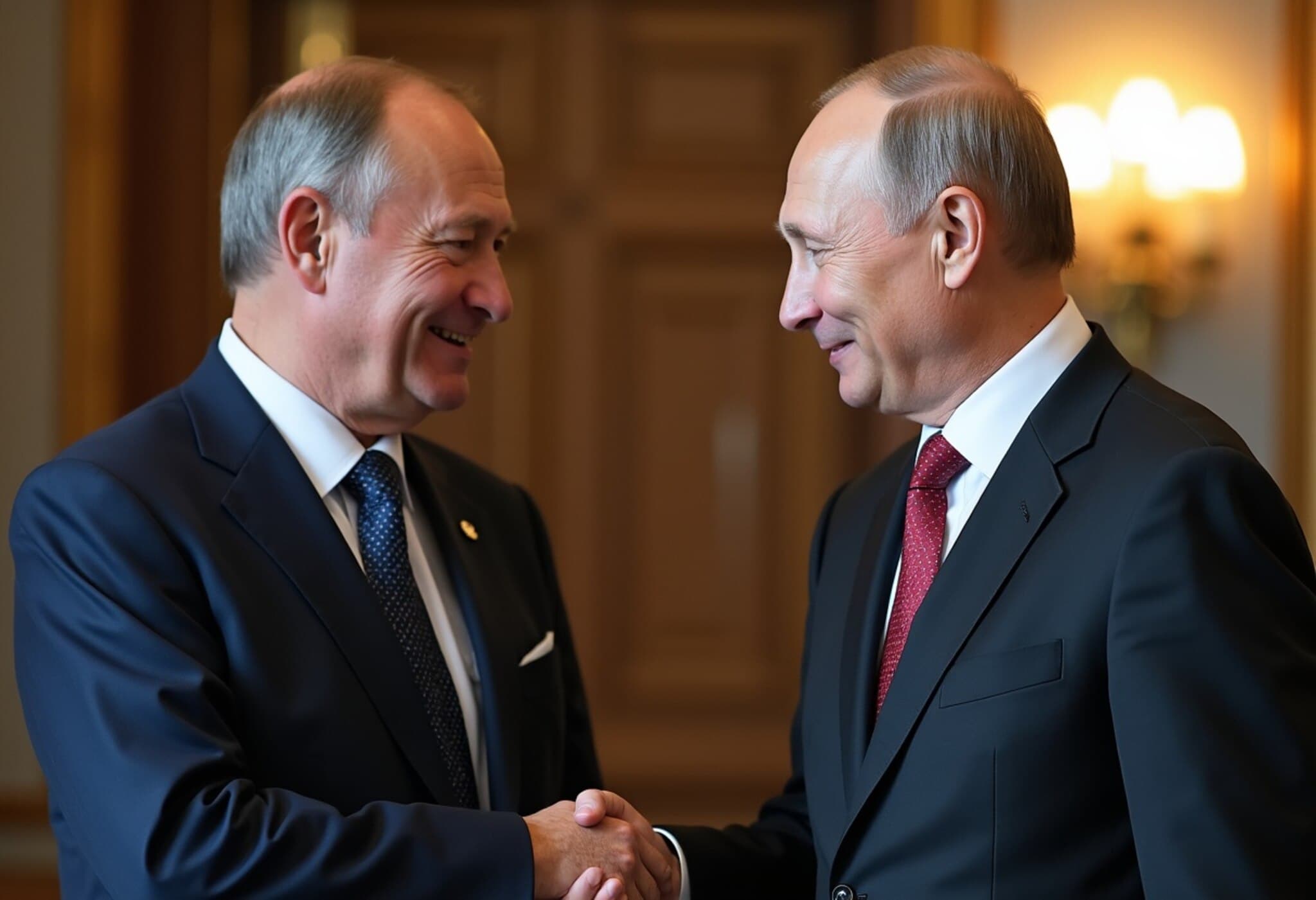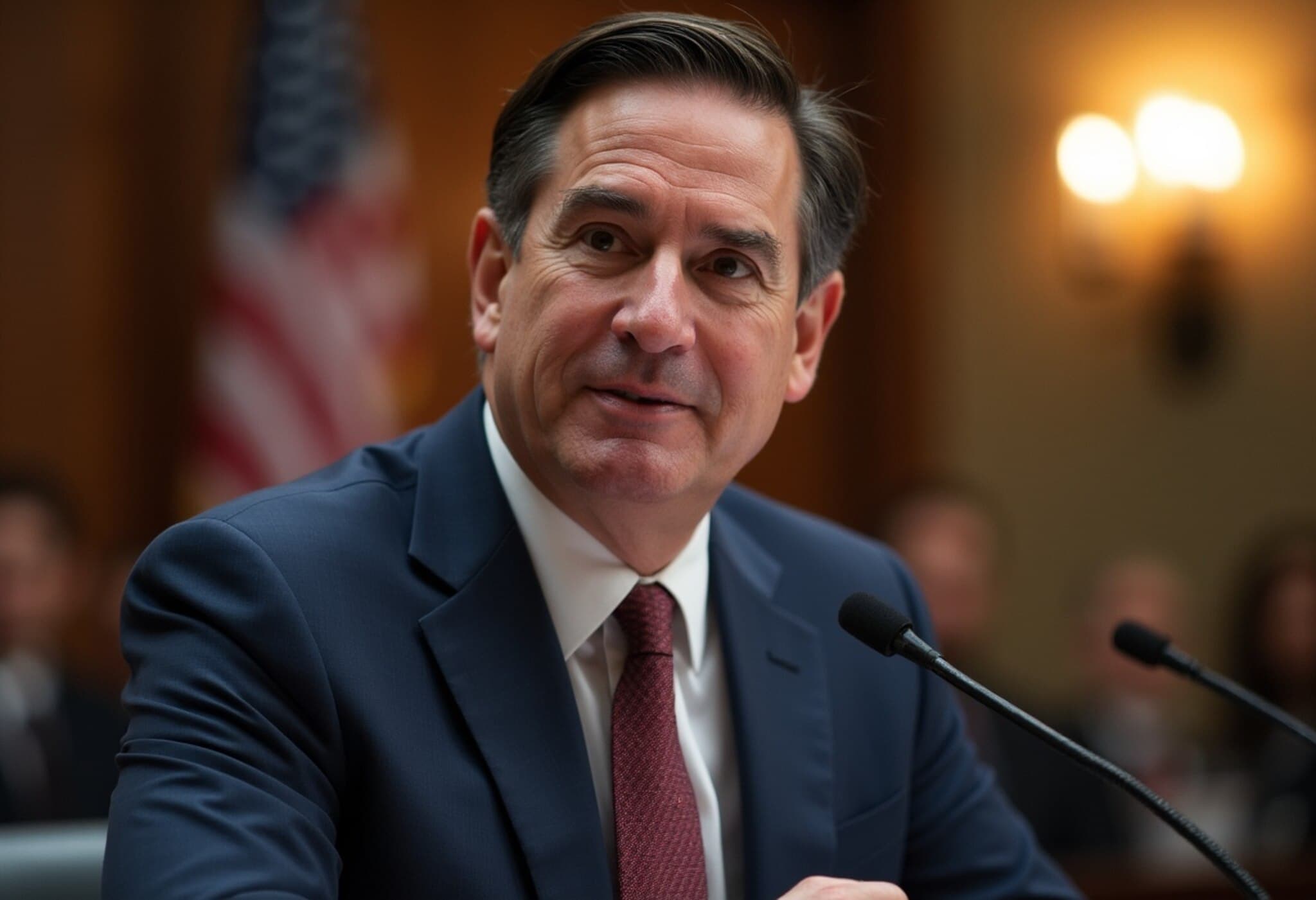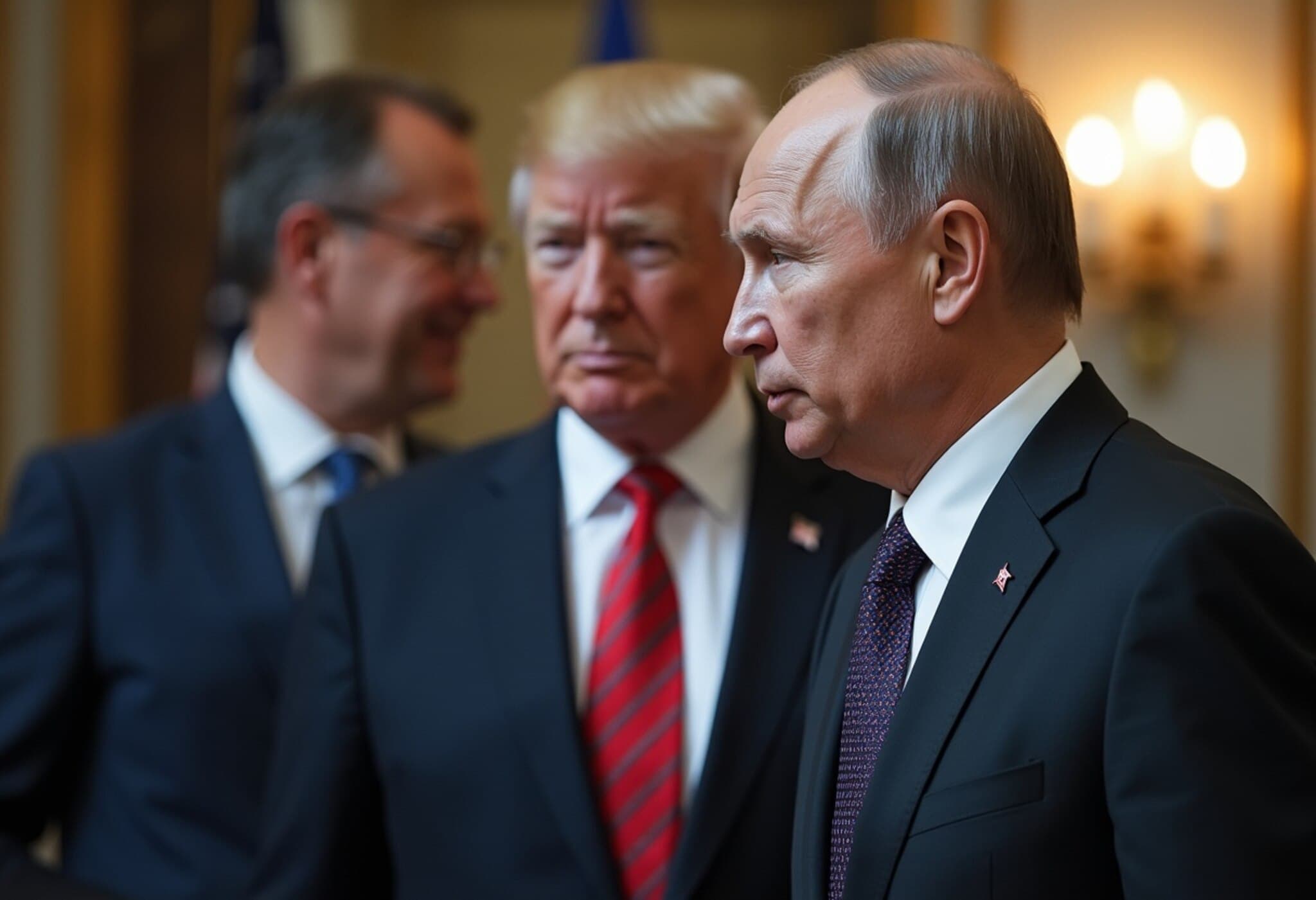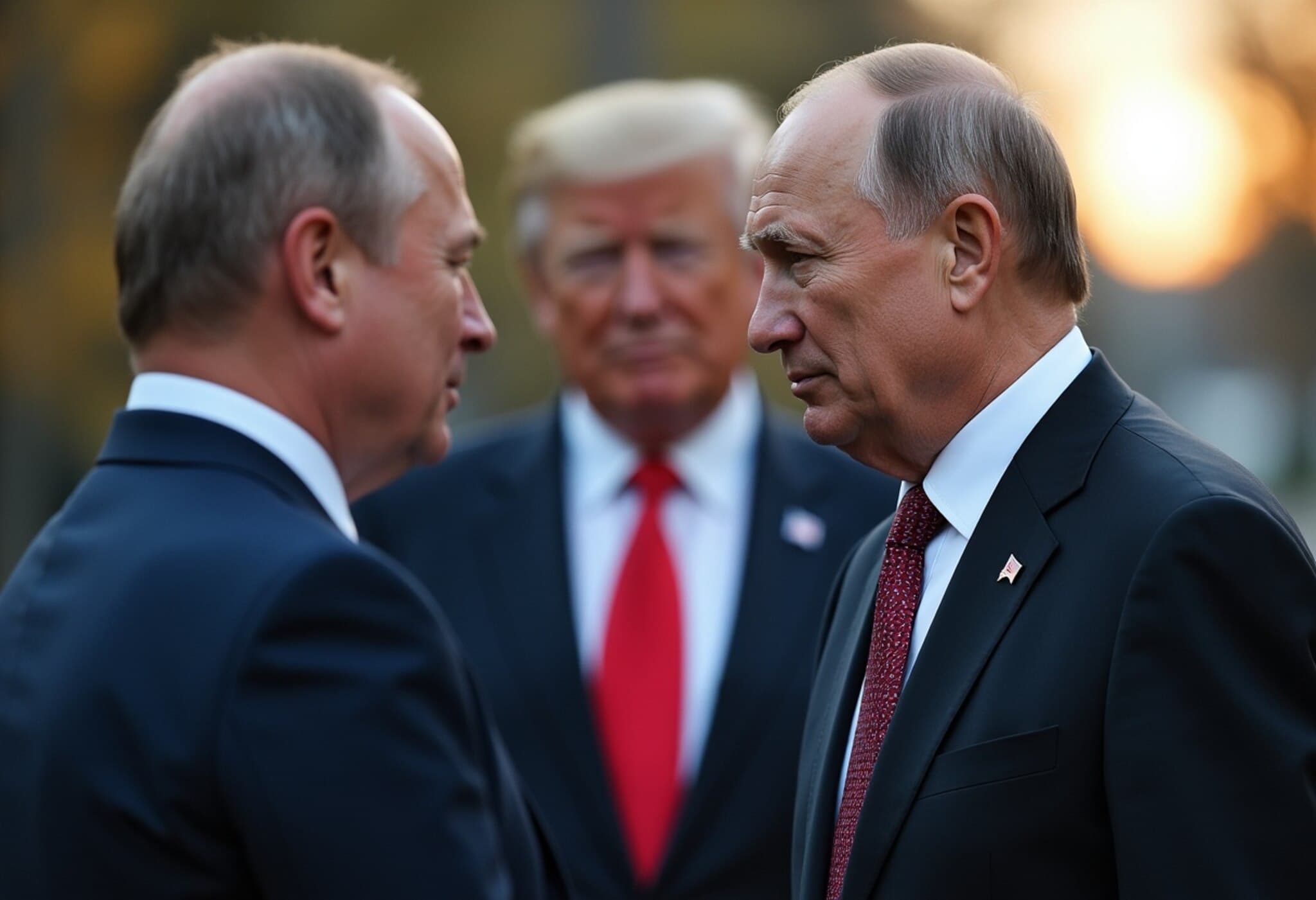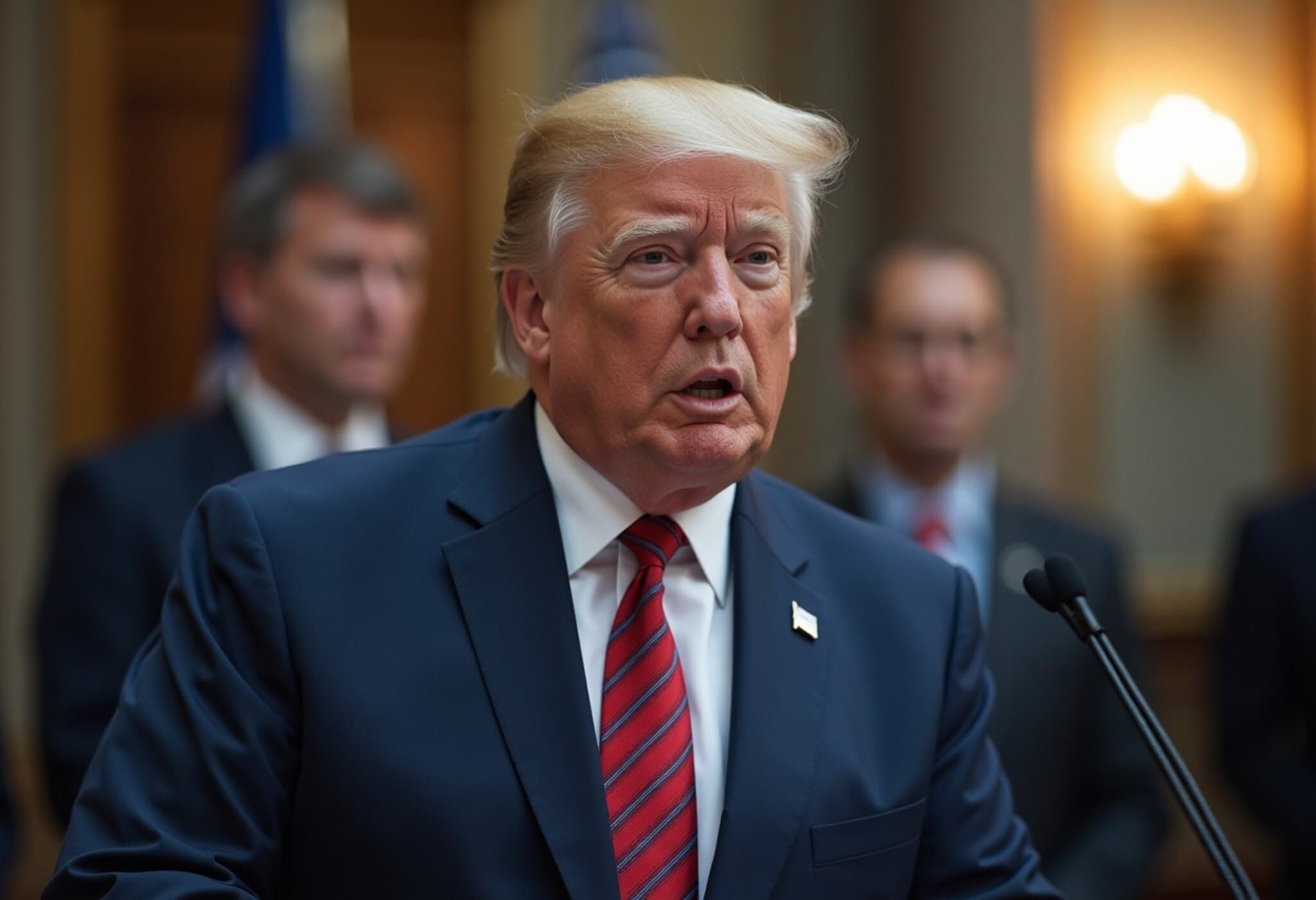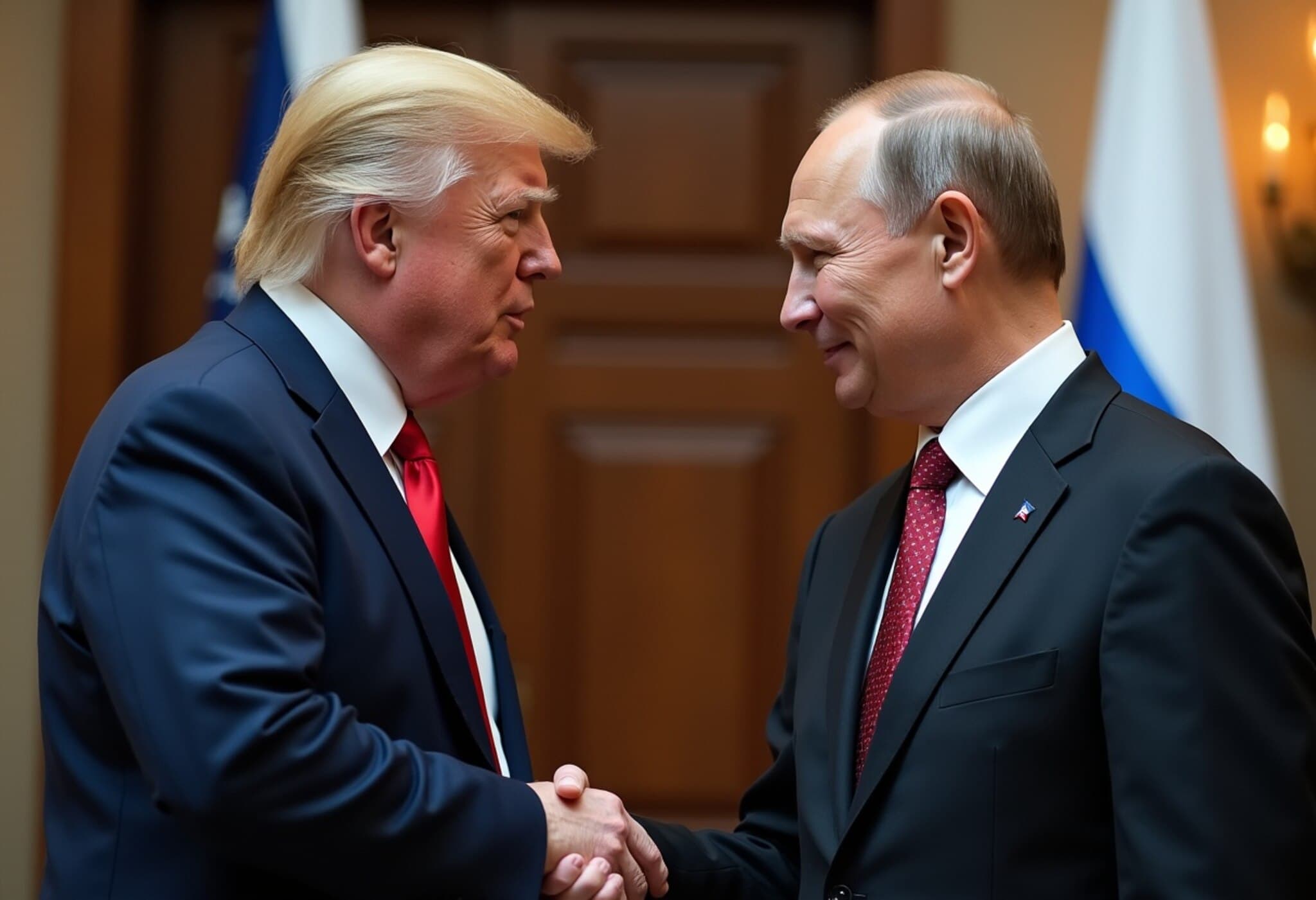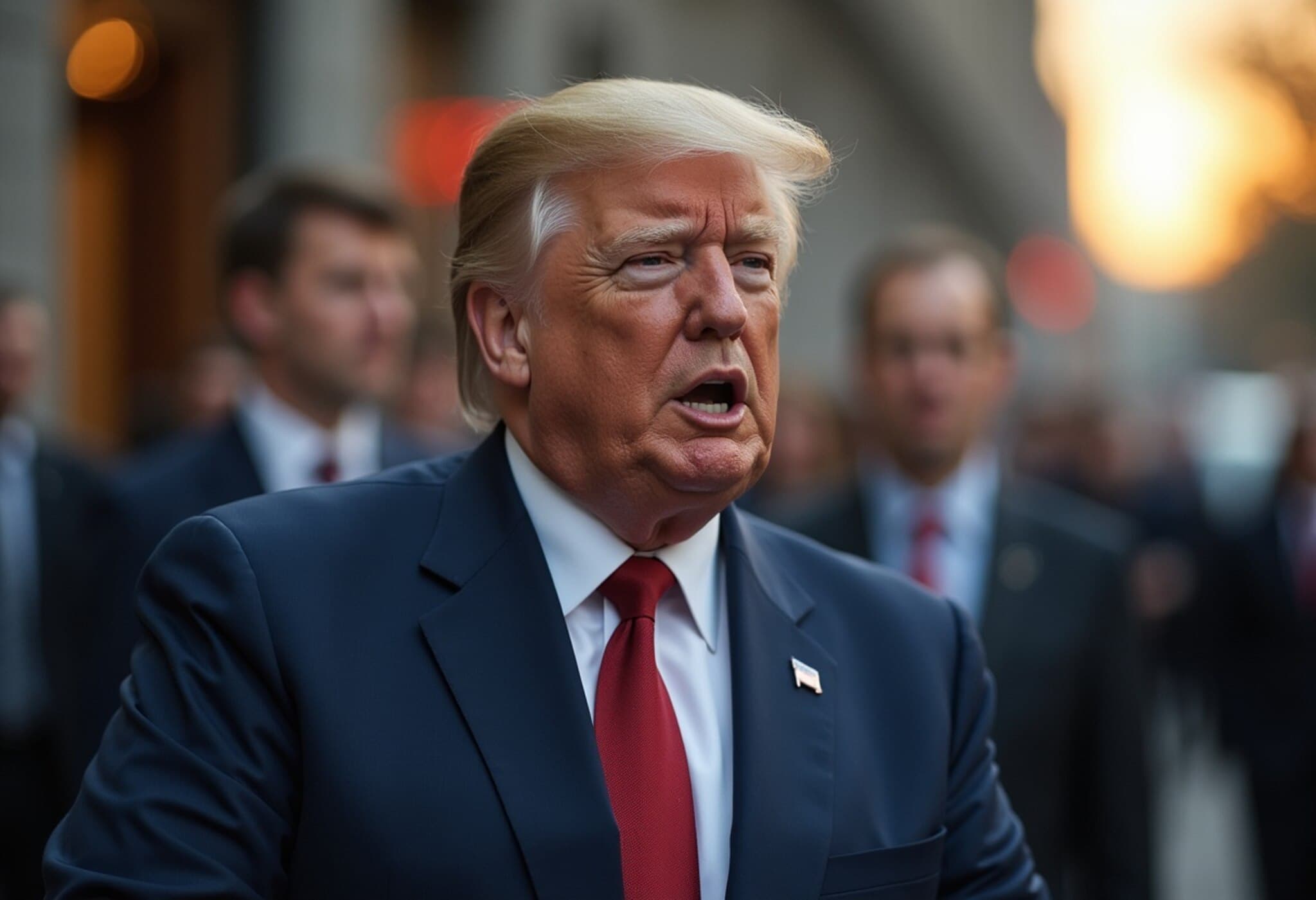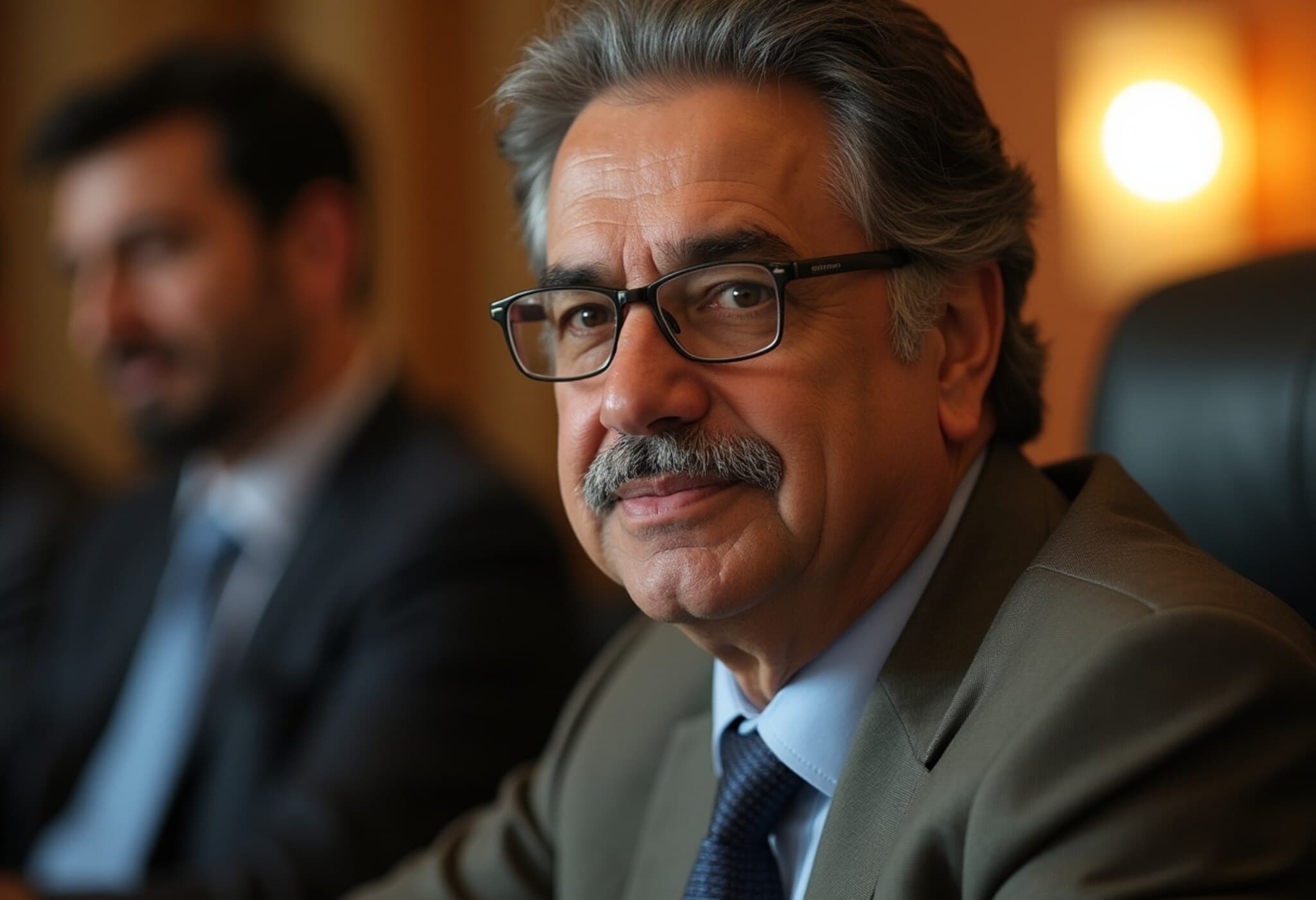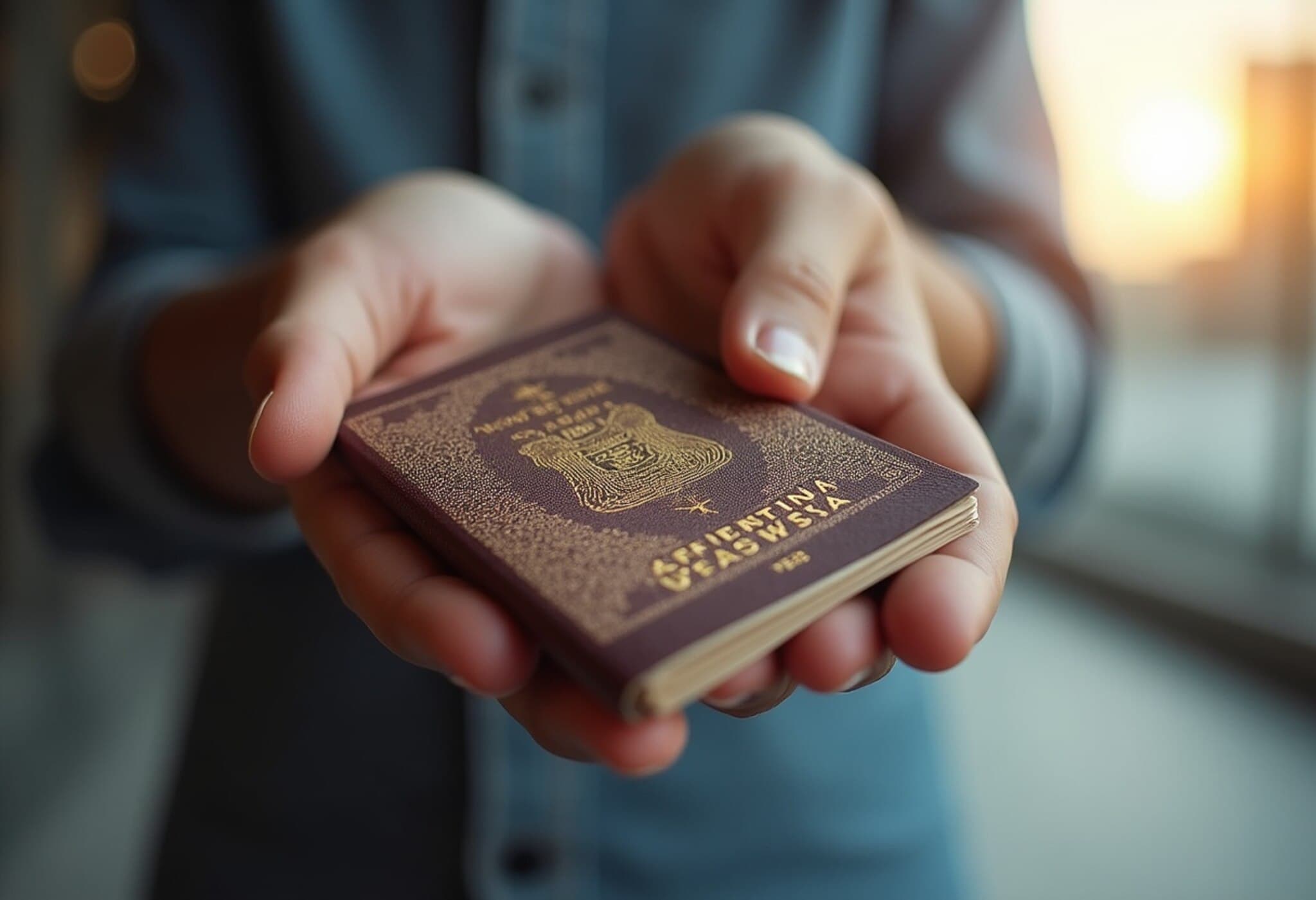US Secretary of State Rubio Holds Candid Talks with Russian Foreign Minister Lavrov
On July 10, 2025, amid mounting tensions in Eastern Europe, US Secretary of State Marco Rubio expressed his disappointment and frustration directly to Russian Foreign Minister Sergei Lavrov regarding the stagnant peace efforts in Ukraine. The two diplomats met on the sidelines of the ASEAN Foreign Ministers' Meeting in Kuala Lumpur, Malaysia, engaging in what Rubio described as a “frank and important conversation.”
Dialogue Against a Backdrop of Intensifying Conflict
The timing of this encounter is critical. After more than three years of relentless conflict, the war in Ukraine has continued with devastating consequences. In the days leading up to their meeting, Kyiv endured heavy missile and drone attacks, with President Volodymyr Zelenskyy noting a sustained barrage of assaults – including a record-breaking swarm of 728 drones the night before.
Rubio’s interaction with Lavrov marks their second face-to-face meeting since the conflict escalated; their earlier encounter was in February, supplemented by phone conversations in May and June. The persistence of such dialogue highlights the delicate diplomatic balancing act between rivalry and engagement.
Hints of New Approaches—the Road Ahead?
While Lavrov reportedly presented “a new idea” concerning Ukraine, Rubio remained cautious, emphasizing that it was not a concrete peace proposal but rather a concept that could potentially offer an opening to negotiations. The US delegation intends to evaluate this idea further within the White House and among key policymakers. This signals Washington’s continued, albeit guarded, willingness to explore diplomatic avenues.
Nevertheless, Rubio underscored a growing sense of frustration, echoing former President Donald Trump’s public condemnation of Russia’s persistent aggression. Trump, who resumed presidency earlier this year with a firm vow to end the conflict swiftly, has recently adopted a more skeptical stance towards Putin’s overtures, dismissing them as “meaningless.”
US Domestic Response and Legislative Pressure
Reflecting his commitment to a tougher policy line, Rubio confirmed ongoing engagement with the Senate regarding new sanctions against Russia. One notable legislative effort includes a proposal for crippling tariffs up to 500% on countries importing Russian energy and raw materials—an audacious strategy aimed at intensifying economic pressure on Moscow.
Despite these tensions, Moscow maintains that it seeks to mend relations with the US, describing the talks as a “substantive and frank exchange of views.” This duality of confrontation and dialogue illustrates the complex, and often contradictory, nature of international diplomacy amidst war.
Expert Insight: The Stakes of Diplomacy in Ukraine
From a strategic standpoint, Rubio’s candid dialogue with Lavrov reveals the US’s nuanced position—striving to balance firm deterrence with channels for potential resolution. For American policymakers and observers, this reflects an understanding that military aid and sanctions alone cannot end the conflict without viable political solutions.
Furthermore, the setting of the meeting—the ASEAN summit—underscores global interconnectivity; while the Ukrainian war is geographically distant, its repercussions ripple worldwide, influencing energy markets, global security, and geopolitical alliances.
Summary Box: Key Takeaways
- Rubio expresses frustration to Lavrov over stalled Ukraine peace efforts.
- Lavrov presents a new concept, cautiously acknowledged but unspecified.
- Conflict intensifies in Ukraine with record missile and drone attacks.
- US weighs harsh sanctions, including 500% tariffs on Russian energy imports.
- Moscow claims commitment to repairing strained US-Russia relations.
- Diplomatic conversations occur amid evolving geopolitical and security challenges.
Editor's Note
This high-level exchange between Rubio and Lavrov reflects the delicate realities of diplomacy during wartime: the coexistence of frustration and hope, of confrontation and cautious engagement. While no immediate breakthrough emerged, the dialogue underscores that both sides perceive the necessity to keep talking. For US audiences and global observers, the key question remains—can these tenuous conversations translate into a sustainable roadmap for peace, or will the war’s grinding toll continue unabated?
As the US sharpens its policy tools, combining sanctions and support for Ukraine with diplomatic overtures, the world watches closely. The coming months will be crucial in determining whether fresh ideas can overcome entrenched conflicts, or simply prolong the standstill.

